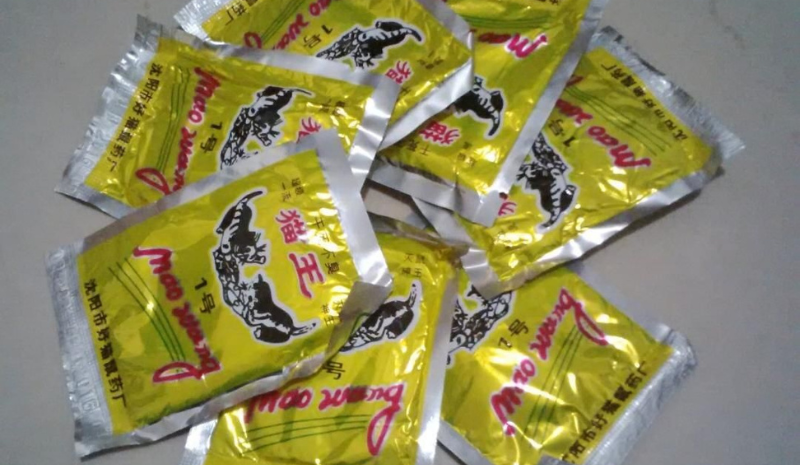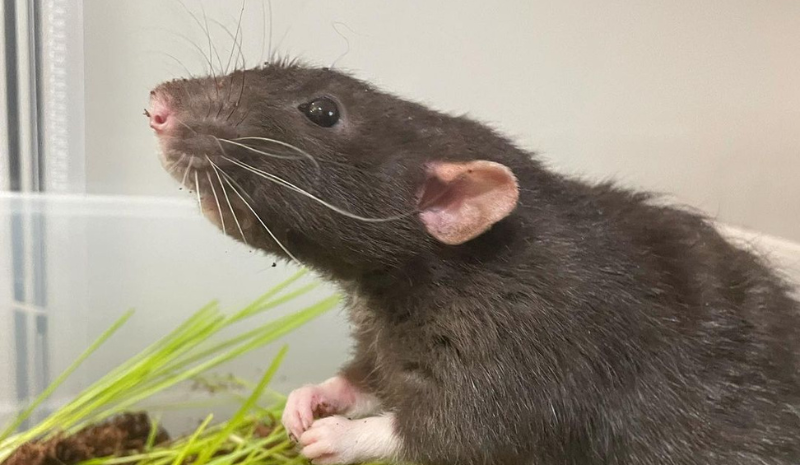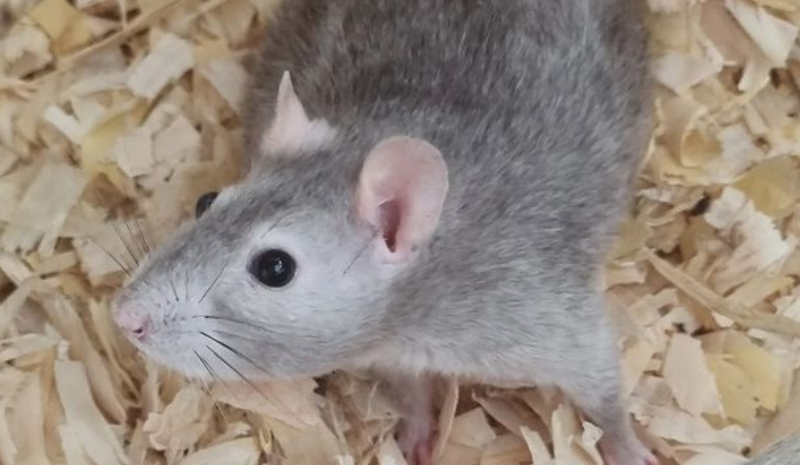Almost every homeowner wonders “how long does rat poison take to work?” sooner or later. That is not surprising, since household pests are a very common problem in even the cleanest and most well-kept homes. Several aspects affect the time it takes to kill the rats. It depends both on the type of poison and on how well you place it. It is worth understanding both of these factors to deal with rats once and for all.
All You Need to Know About Rat Poisons
[wpsm_titlebox title=”How long does it take for rat poison to work?” style=”main”]
That depends on the following factors:
- the generation of the treatment that you use;
- whether the rats in your house have resistance to it;
- whether they are hungry;
- whether the bait is used correctly.
[/wpsm_titlebox]
[su_youtube url=”https://www.youtube.com/watch?v=DnJj75uUJ-o”]
Types of Rat Poison
Rat poisons are very diverse, and listing all the names would be a very long and completely useless task. Therefore, it is wiser to organize them based on how they work, which coincides with the classification of rat poisons.
All types of rat poison have one thing in common: They are also very appealing to rats. If the rat poison is not tasty, the rats will simply refuse to eat it. Rats love sweets, so every rat poison is sweet, and the more pronounced the sweetness, the better. The three main ingredients most commonly found in rat poison are:
- brodifacoum;
- bromadiolone;
- difenacoum.
These substances affect the blood coagulation in rats, which leads to their death within a few days. There are three main categories of rat baits that allow you to place the poison so that a rat can eat it, isolating it from people as much as possible:
- bait blocks;
- grain bait;
- rat killer bait.
Regardless of the type of poison chosen, it is worth placing it in special rat bait boxes, which further isolate your household from it. Also, you should remember the expiration date. “Does the rat poison expire?” is a question that many people seem to ask, and for good reason. The expired product reduces its effectiveness, regardless of the type of substance.

Factors That Affect the Effectiveness of Rat Poison
The effectiveness of rat poisons is determined by several factors which I will describe below.
Generation of Rodenticide
First of all, the effectiveness of the rodenticide is determined by its generation. Currently, there are two generations of rat poisons:
- The first-generation rodenticide kills the rat rather slowly and might require multiple uses. Good examples of such a poison are Diphacinone and Warfarin;
- The poison of the second generation handles the task much faster, most likely preventing you from using it a second time. These drugs include Brodifacoum.
Rat’s Resistance
Secondly, it matters a lot whether the rats in your house have resistance to the substance you want to poison them with. First-generation rodenticides have been around for a long time, which means they have more chances to show less effectiveness.
Hunger
Another important aspect is the rodent’s desire to eat the bait. If rats have plenty of sources to feed on, they’re less likely to crave the “special treat.” Also, rats get used to feeding points and might be afraid to try something from a new place.
Placement
Last but not least, the correct use of the bait is essential. Only full compliance with the instructions allows the bait to work as it should and avoid unwanted contact of the inhabitants of the house with the poison. So, if your rats are eating poison but not dying, then most likely, you did something wrong.
How to Calculate a Dose of Poison per Rat
The answer to this question primarily depends on the type of poison that you choose. The dosage can also vary from brand to brand. As a rule, the package contains detailed instructions on how many rat poison traps you need and how to use them.
Acute LD50 is the amount of poison that has been statistically proven to cause death in 50% of the test animals after giving them a single dose. If you want to know how much rat poison is needed to kill a rat for the most popular rodenticides:
- LD50 for warfarin is 50 to 500 mg per kg for a single dose or 1 mg per kg for repeated doses after 6 to 8 days;
- LD50 for flocoumafen is 1 mg per kg;
- LD50 for bromadiolone is 1.125 mg per kg.
Most people would like to find what poison kills rats instantly, but there is no right answer here. With the right dosage, any poison acts quickly. However, it is important to understand that not everything can be accounted for, so it is not worth chasing a magical remedy. It is better to choose those rodenticides that have shown themselves to be reliable according to the results of statistical studies.
Safety Measures When Using Rat Poison
To minimize the risks, strictly follow the instructions on the label and reduce your contact with the poison to a bare minimum. Store and use rodenticides only in places where they cannot be reached by animals and children. Keep in mind that rat poison’s special flavoring agents make rat poison extremely appealing to other animals as well.
If you are concerned about the health of your family members or pets, you can always choose drugs that are relatively safe. It should also be remembered that rodenticide is also dangerous for wild animals and even if they come into indirect contact with it. For example, after an animal eats a poisoned rat, it can cause it to die as well. Therefore, when placing baits outside your house, you should be extremely careful. A rat that dies of poison is not deadly to other rats. Although the question “Do rats take the poison back to the nest?” is a common one, the answer to it is not comforting, since a poisoned rat does not pose a threat to the rest.
To reduce the risks for both the inhabitants of your home and wild animals, be sure to remove the dead rats so that no one comes into contact with them. In addition to using poisons, there are safer and more gentle methods of rodent control, which are also quite effective and not so violent.

FAQ About Rat Poisons
Rodent control is a topic riddled with myths, which is why people often ask us questions about how to get rid of rat infestation. Here are the most common questions:
What if the Poison Didn’t Affect the Rats?
If the poison didn’t work, don’t despair. Try choosing a different poison, preferably of the second generation, or even a combination of several types.
Why not Use the Fastest-Acting Poison?
The rate of death of a rat is not an indicator of the effectiveness of the remedy. Do not seek a quick solution, but opt for the reliable one.
How Do Poisoned Rats Behave?
The poisoned rats do not behave differently. You can understand that the poison has worked by simply finding dead rats around your house.

Get Rid of Rats in Your House
Knowledge is power. Learn about the different kinds of poisons and their effectiveness, and carefully follow the instructions on the package. The process of rat extermination cannot be instantaneous, but if everything is done correctly, rodents will forever disappear from your home.
Have you ever had to deal with a rat infestation? How did you manage to get rid of it? What types of rodenticides did you use? Tell us about it in the comment section below.
Also read:
[su_posts template=”templates/list-loop.php” posts_per_page=”5″ offset=”9″ order=”desc”]

